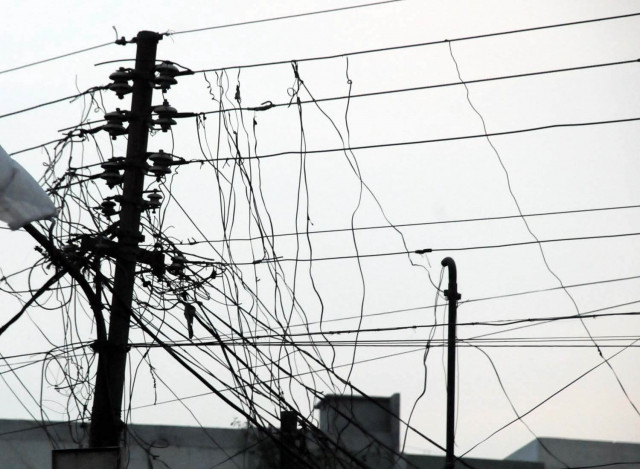LHC declares surcharges on electricity bills unconstitutional
Court strikes down Section 31 (5) of Nepra Act 1997 under which surcharges were imposed

Orders NEPRA to formulate mechanism to repay the money to consumers within three months. PHOTO: EXPRESS
These surcharges were being collected from the consumers by electricity supplying companies. The court struck down Section 31 (5) of Nepra Act 1997 under which these surcharges were imposed. It also ordered National Electric Power Regulatory Authority (NEPRA) to formulate a mechanism to repay the money to the consumers within three months.
Read: Electricity costs: Tariff surcharges imposed despite Nepra objections
The ruling was passed by a division bench of the LHC, comprising Justice Syed Mansoor Ali Shah and Justice Ayesha A Malik, while announcing a short order on 270 identical petitions challenging the surcharges.
Advocates Khaleeq-uz-Zaman,Waqas Ahmad Meer and Waseeul Hasnain Naqvi assisted the court in this regard.
The petitioners had challenged Section 31(5) of the Nepra Act, 1997, stating that the power of federal government to levy surcharge is ultra vires and negation of the Constitution of Islamic Republic of Pakistan, 1973, as it has been added through the Finance Act, 2008.
However the federal government requested the court to suspend operations for the time being based on the order as it will influence their ongoing negotiations with International Monetary Fund and other financing institutions. It will also affect the federal budget which will be presented on June 05, the government further said.
Read: Budget 2015-16: New tax on rich people’s electricity bills likely
Dismissing the application, LHC said the government has the remedy to approach the Supreme Court and get the application suspended.



















COMMENTS
Comments are moderated and generally will be posted if they are on-topic and not abusive.
For more information, please see our Comments FAQ